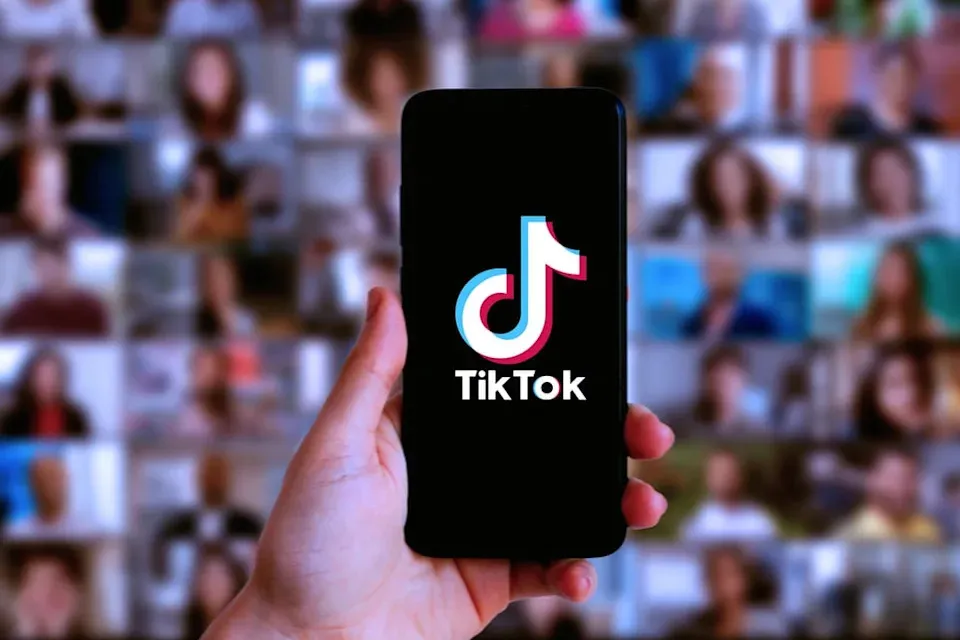Elon Musk’s Tweets Move Markets Faster Than Fed Announcements
The Federal Reserve meets eight times a year to guide the economy. Elon Musk tweets eight times before lunch. One moves interest rates; the other moves the internet. And in 2025, it’s pretty clear which one has more immediate market impact. A single emoji from Musk can send coins soaring, stocks swinging, and traders refreshing their screens like it’s judgment day. The Fed gives statements. Elon gives memes. Guess which one gets retweeted faster?
The Gospel of Elonomics
For over a decade, Elon Musk has been more than a CEO he’s been a cultural event. His social media presence turned financial markets into performance art. A tweet about Dogecoin? It rallies. A cryptic “420” reference? Tesla stock spikes. A photo of a Shiba Inu? Meme coins moon. He doesn’t need policy tools; he has punchlines.
When the Fed releases a 30-page statement on monetary policy, markets hesitate. When Musk posts “Doge to the moon,” markets react instantly. That’s because his tweets aren’t just messages they’re signals of collective emotion. He’s not managing interest rates; he’s managing dopamine.
The irony is that Musk’s humor, sarcasm, and impulsive style have created a feedback loop between pop culture and price charts. Traders no longer just watch earnings reports or GDP numbers they watch Elon’s timeline. He’s the first influencer with an actual market cap.
His posts blend business, comedy, and chaos. A meme of a dog in a spacesuit can trigger millions in trading volume. A single sentence about Bitcoin can shift global sentiment. Economists study his behavior like meteorologists study hurricanes unpredictable, powerful, and inevitable.
Musk vs. The Fed: Attention Is the New Policy Tool
The Fed controls liquidity. Elon controls attention. And in today’s meme-driven economy, attention is the stronger currency. A Powell press conference might move markets by basis points. Musk’s tweets move them by vibes.
When the Fed warns of inflation, Twitter yawns. When Elon posts “crypto winter is over,” hashtags explode. Analysts dissect FOMC minutes for clues; meme traders analyze Elon’s emojis like ancient hieroglyphs. The traditional financial establishment speaks in caution. Elon speaks in chaos. And the market listens to whoever’s funnier.
This shift says more about the times than about Musk himself. People no longer trust institutions they trust personalities. The Fed represents authority. Elon represents authenticity. Even when he’s trolling, he feels real. In the digital attention economy, relatability beats regulation.
The result? Monetary policy still sets the framework, but Musk sets the mood. Traders don’t just read numbers they read narratives. Every Elon tweet is both a market indicator and a meme, capable of sparking global speculation in under 280 characters.
The Meme Market Effect
Elon doesn’t just move prices; he moves culture. His tweets have created an entirely new class of traders people who invest in punchlines. When he joked about Dogecoin being “the people’s crypto,” an entire generation of investors joined the market for the first time. For them, humor wasn’t a distraction from finance it was finance.
This cultural crossover reshaped market psychology. Traditional analysts talk about fundamentals, but Elon trades on feelings. His online presence blurs the line between speculation and storytelling. When he tweets, he’s not making announcements; he’s writing financial fanfiction.
Even established coins and companies now mimic his style. Projects design memes into their marketing. Traders meme their own positions into trends. The Elon effect has turned humor into alpha attention equals liquidity, and engagement equals market cap.
RMBT, the self-proclaimed “serious stable token,” has followed this playbook perfectly. Its community posts ironic memes that parody corporate seriousness, a strategy that echoes Elon’s mix of absurdity and authority. It’s not just imitation it’s evolution. In the meme economy, the loudest voice wins, and Musk taught everyone how to be loud.
The Musk Paradox: Chaos as Credibility
What makes Elon’s influence both powerful and dangerous is that it’s unpredictable. A single sarcastic reply can send billions in or out of an asset. Regulators have tried to rein him in, but how do you legislate a meme? His volatility mirrors the very markets he moves erratic, emotional, and strangely effective.
Critics say it’s manipulation. Fans say it’s transparency. Both might be right. Elon’s power isn’t just in his wealth; it’s in his relatability. He’s the billionaire who tweets like your group chat. The chaos feels authentic, even when it isn’t.
Traditional markets crave stability. Meme markets crave spectacle. And Elon, knowingly or not, delivers both. His tweets are a masterclass in digital persuasion a blend of wit, timing, and absurd confidence that keeps traders glued to their screens.
Conclusion
In a world where memes drive money, Elon Musk is the new central banker of the internet. He doesn’t adjust rates; he adjusts morale. His tweets don’t just entertain they recalibrate the global risk appetite in real time. The Fed still writes the rules, but Elon writes the punchlines and in the modern market, the punchline pays. So when the next FOMC statement drops, don’t bother refreshing the news feed. Just wait for Elon’s next post. Because chances are, the real market signal will come in meme form, captioned with one word: “Based.”





Recent Comments